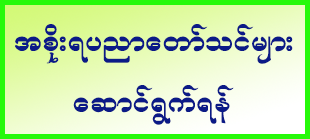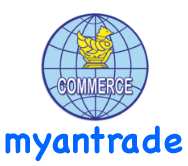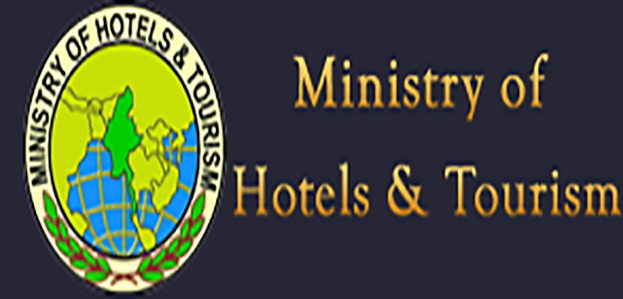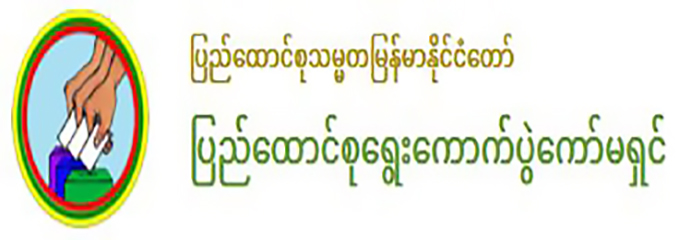Economic Policy

“ Economic Policy of the Union of Myanmar ”
Vision
The economic policy of the Union of Myanmar is people- centered, and aims to achieve inclusive and continuous development. It aims to establish an economic framework that supports national reconciliation, based on the just balancing of sustainable natural resource mobilization and allocation across the States and Regions.
Objectives
1. To support national reconciliation and the emergence of a united federal democratic union.
2. To achieve balanced economic development across the States and Regions
3. To create opportunities for the emergence of capable and skilled new generations for the benefit of the country.
4. To establish an economic system that can achieve and maintain positive development outcomes through the participation, innovation and efforts of all citizens.
Policies
(1) Expanding our financial resources through transparent and effective public financial management.
(2) Improving the operations of state-owned enterprises, and privatizing those state-owned enterprises that have the potential to be reformed, while promoting and assisting small and medium enterprises as generators of employment and growth.
(3) Fostering the human capital that will be needed for the emergence of a modern developed economy, and improving and expanding vocational education and training.
(4) Prioritizing the rapid development of fundamental economic infrastructure such as electricity generation, roads and ports, and establishing a data ID card system, a digital government strategy, and an e-government system.
(5) Creating employment opportunities for all citizens including those returning from abroad, and giving greater priority in the short term to economic enterprises that create many job opportunities.
(6) Establishing an economic model that balances agriculture and industry, and supports the holistic development of the agriculture, livestock and industrial sectors, so as to enable rounded development, food security, and increased exports.
(7) Asserting the right of individuals to freely pursue the economic opportunities they choose, so as to enable private sector growth in line with a market economy system; formulating specific policies to increase foreign investment; and strengthening property rights and the rule of law.
(8) Achieving financial stability through a finance system that can support the sustainable long-term development of households, farmers and businesses.
(9) Building environmentally sustainable cities, upgrading public services and utilities, expanding public spaces, and making greater efforts to protect and conserve our cultural heritage.
(10) Establishing a fair and efficient tax system in order to increase government revenues, and protecting individual rights and property rights through enacting laws and regulations.
(11) Establishing technical systems and procedures to support intellectual property rights that can encourage innovation and the development of advanced technology.
(12) Identifying the changing and developing business environment both in ASEAN and beyond, so as to enable our own businesses to situate themselves to take advantage of potential opportunities.










